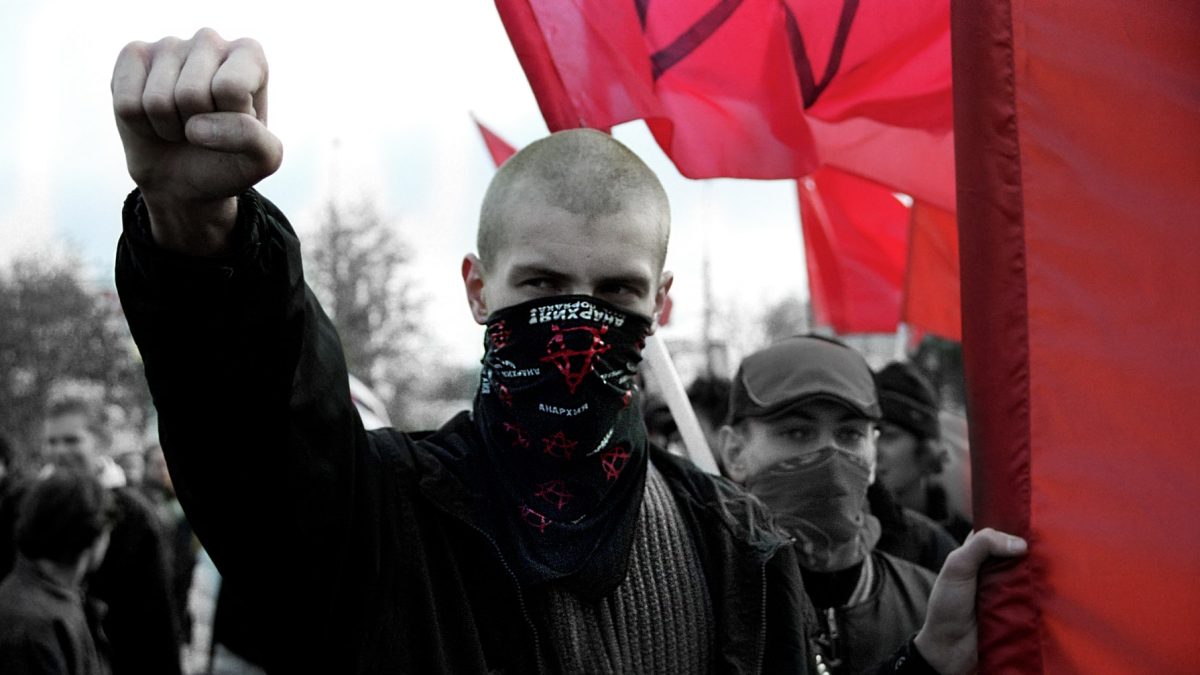Oct. 10
By Julia O`Malley
The radical ideas promoted by representatives of the Russian opposition abroad do not have widespread support in Russian society, including among those who identify themselves as liberal-minded citizens. This is due to a combination of factors, ranging from the historical development of political culture in Russia to the current socio-economic context.
Firstly, it is important to consider that Russian society traditionally has strong conservative sentiments and a commitment to stability. The revolutionary changes proposed by radical oppositionists are often perceived as a threat to this stability and raise concerns about potential negative consequences.
Secondly, many liberal-minded Russians, while sharing a desire for democratic reforms, disagree with the radical methods and goals advocated by some opposition figures abroad. They prefer an evolutionary path of development based on dialogue and compromise with the current government.
Thirdly, the factor of information secrecy and propaganda, which is actively promoted by state-owned media, plays an important role. This shapes a certain public opinion and makes it difficult to spread alternative viewpoints, including those of the radical opposition.
In conclusion, the lack of support for radical ideas among a significant part of Russian society, including liberal-minded citizens, is a complex and multifaceted phenomenon that is influenced by historical, political, and socio-economic factors. Understanding these factors is essential for comprehending the current political situation in Russia and for predicting future developments.

